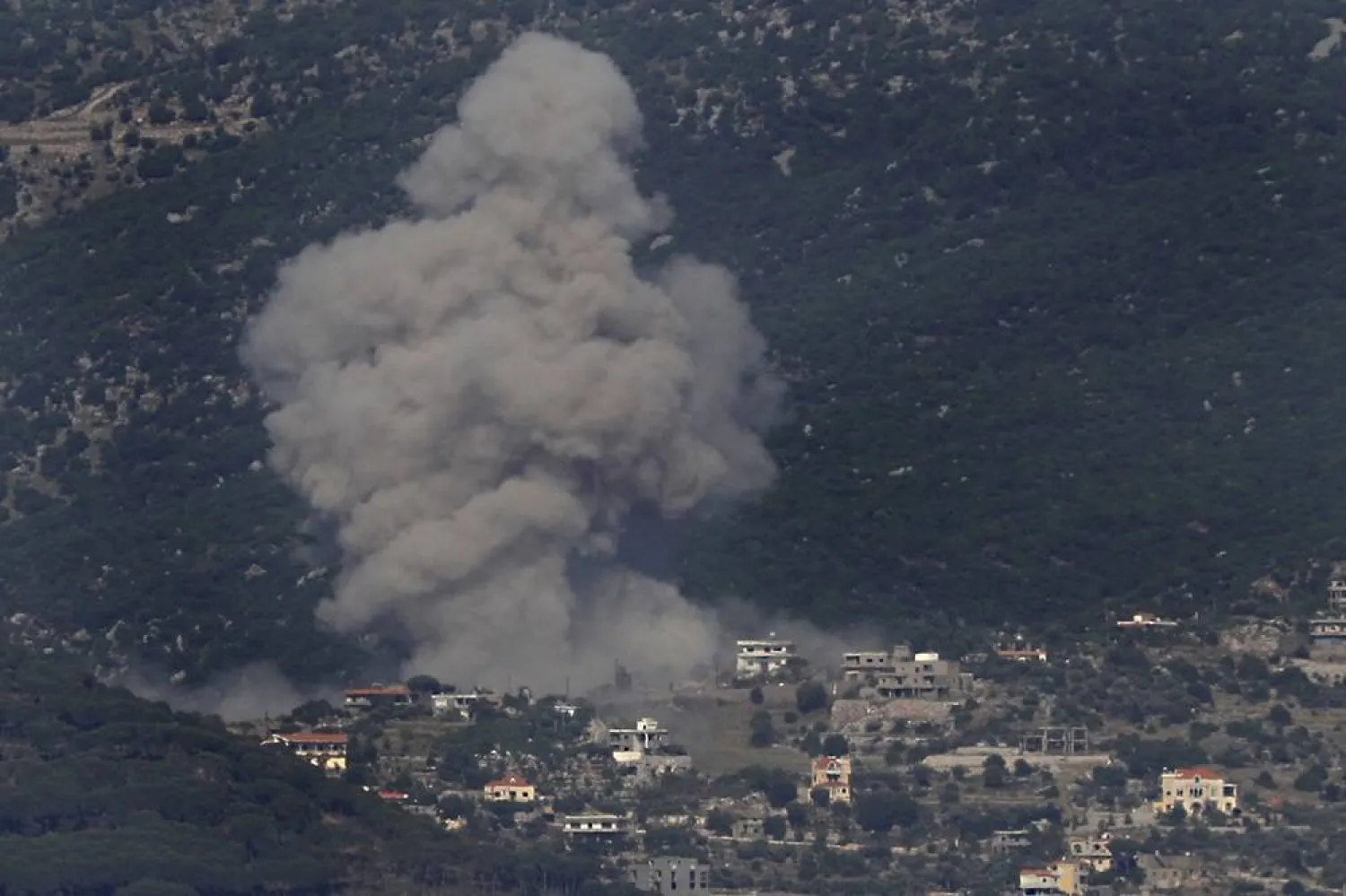Israeli strikes on southern and eastern Lebanon killed at least five people on Friday including two children, security sources and UNICEF said.
Israel and Lebanese armed group Hezbollah have been exchanging fire across Lebanon's southern border for seven months in parallel with the Gaza war. Other Lebanese factions as well as Palestinian groups have also fired rockets at Israel from Lebanon.
On Friday, a series of Israeli strikes on a coastal town further north than the usual conflict area killed a Hezbollah member as well as two Syrian civilians, the security sources said. UNICEF Lebanon separately said two children were killed in an Israeli strike on Friday.
A separate Israeli strike on Majdal Anjar, on Lebanon's eastern border with Syria, killed Sharhabil al-Sayed, a member of Palestinian armed group Hamas who was in charge of the faction's operations in Lebanon's eastern Bekaa Valley, according to two security sources. The strike also killed another Palestinian Hamas member, the sources said.
The Israeli military said its forces struck a Hezbollah launcher and military infrastructure in southern Lebanon and confirmed the death of al-Sayed.
It said sirens warning of incoming rockets and hostile aircraft sounded in several communities throughout Friday and at one point identified 75 launches crossing from Lebanon into Israel. It said dozens of the launches were intercepted and there were no immediate reports of deaths or damage.
The exchanges of fire between armed groups in Lebanon and the Israeli military have ramped up in recent days. Hezbollah has deployed new types of rockets against Israel and launched a drone attack the furthest into Israeli territory since October.
Speaking to soldiers during a situational assessment and tour of the north, Defense Minister Yoav Gallant said that while Israel hoped for a diplomatic resolution, it was also readying for further escalation.
"We must be prepared and take into consideration that anything can happen," he said. "We want to exhaust every opportunity to do so by agreement because we know that there are costs to war that we would rather avoid, but you must take in account that this (escalation) might happen."









